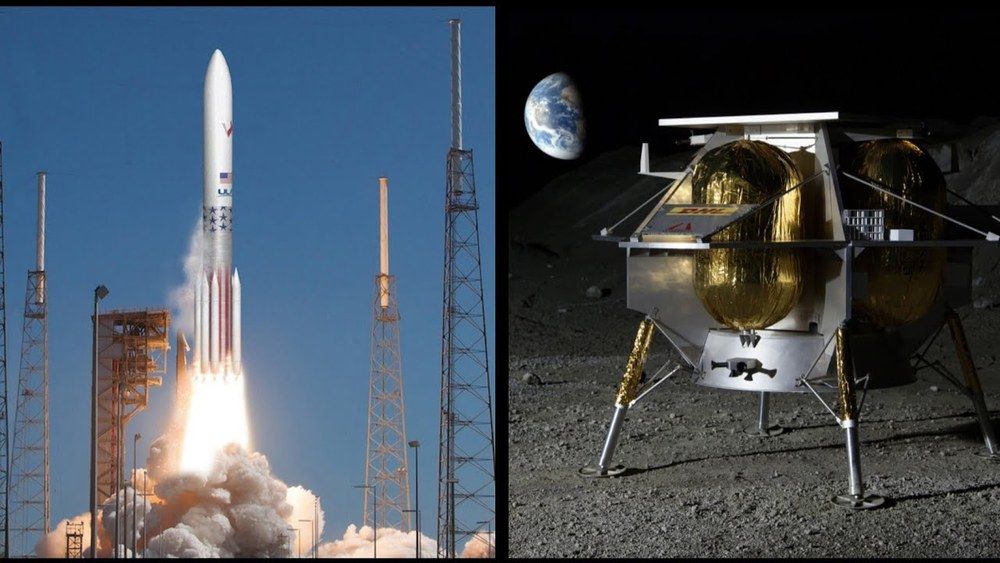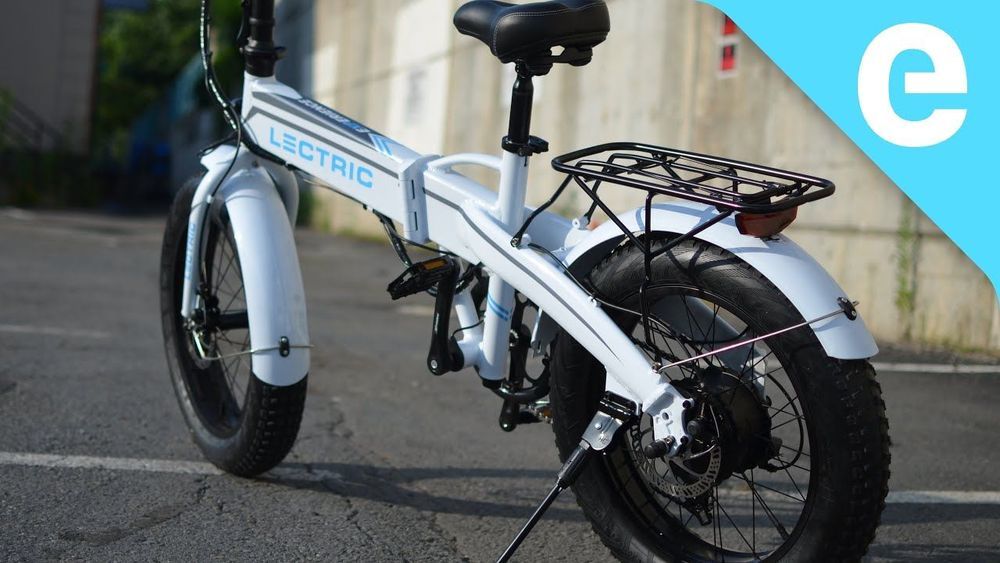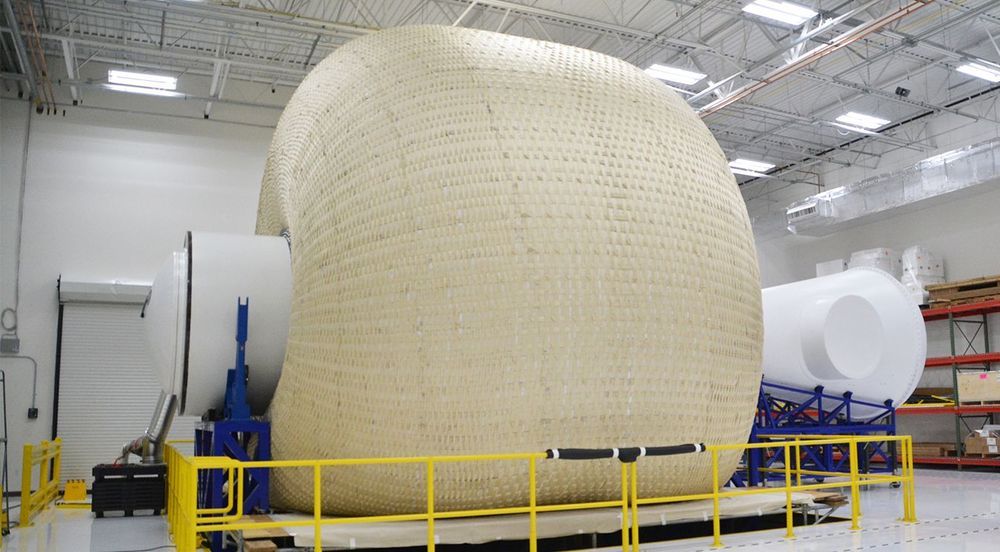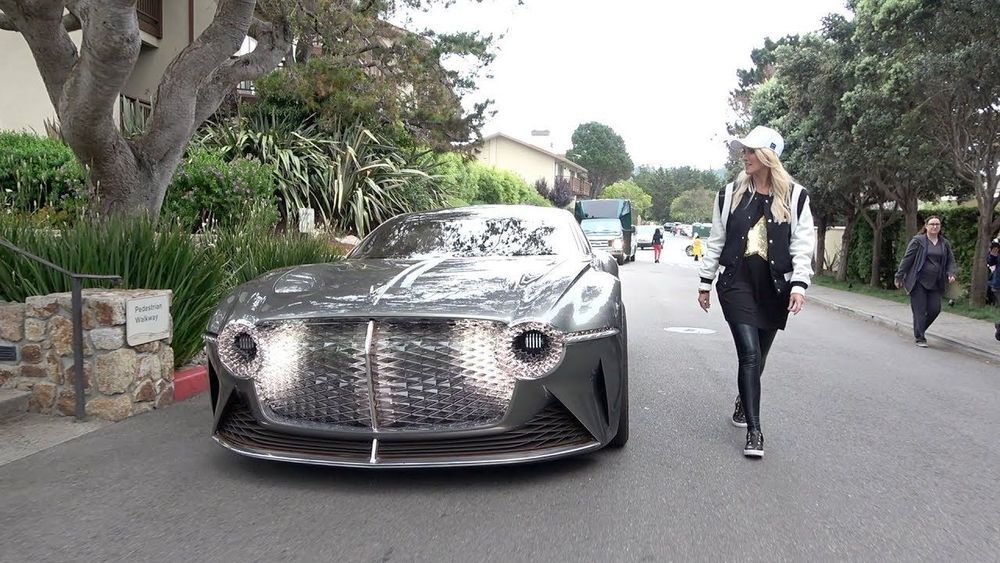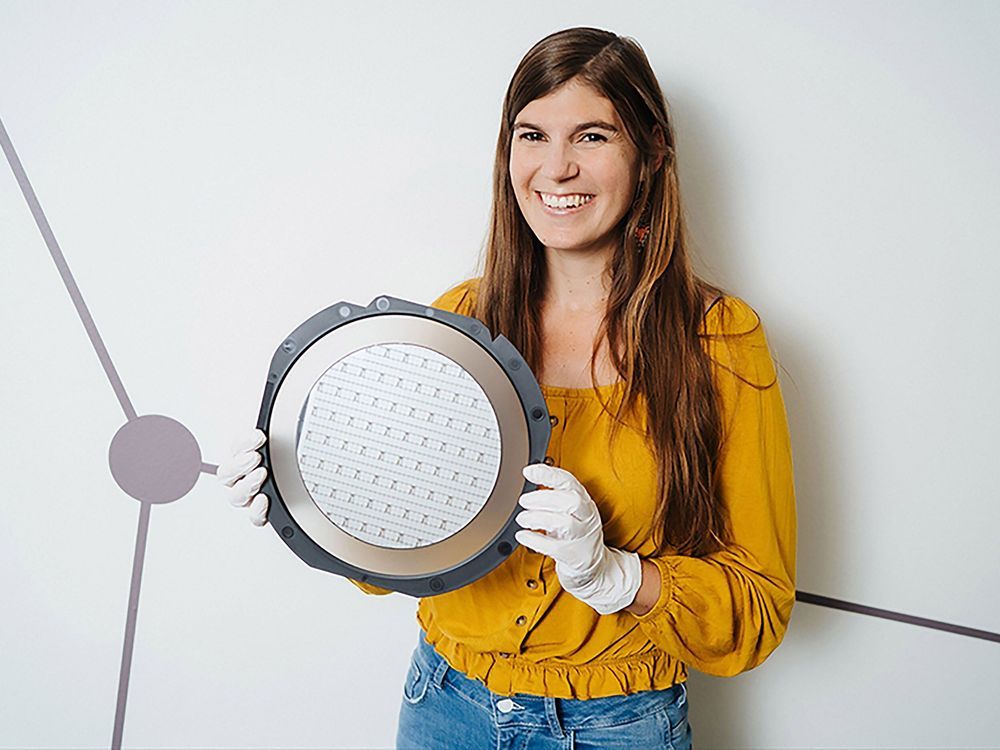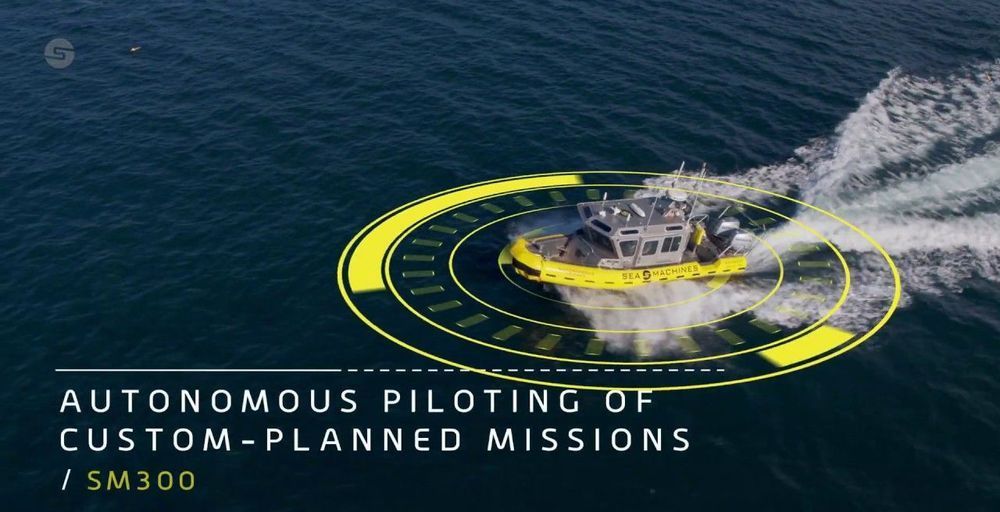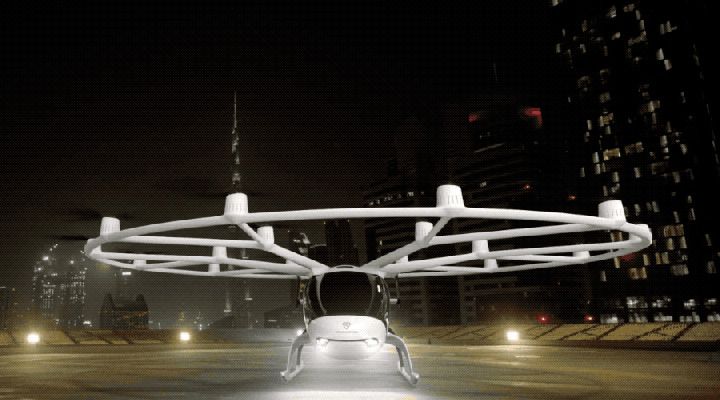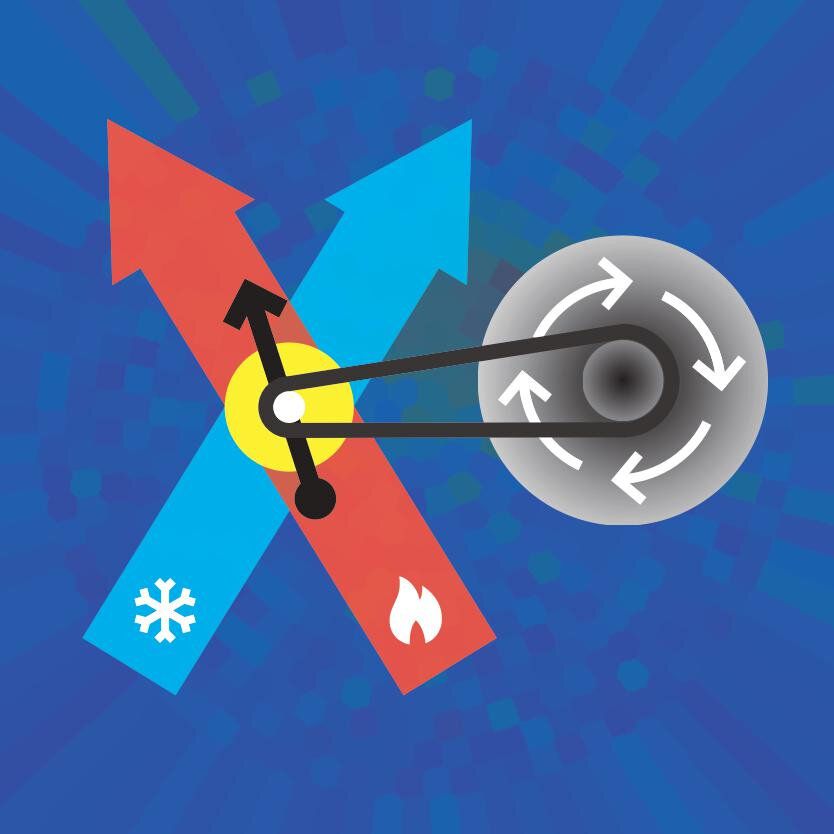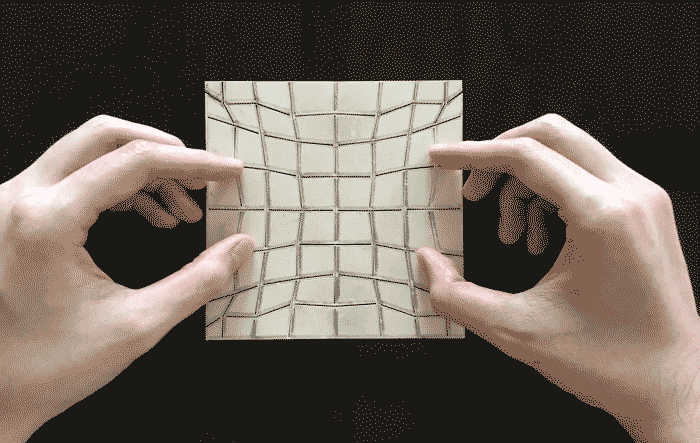Aug 24, 2019
First Vulcan to Launch America’s Return to the Moon with ‘Peregrine’ Lander in 2021
Posted by Shailesh Prasad in categories: robotics/AI, space, transportation
https://youtube.com/watch?v=eRrQG-FLaZg
It’s a lunar lander named ‘Peregrine’, developed by the space robotics company to deliver payloads to the Moon for various companies, governments, universities, non-profits, and individuals for $1.2 million per kilogram. Astrobotic was selected by NASA in May 2019 for a $79.5 million contract to deliver up to 14 payloads to the Moon in 2021, under the agency’s Commercial Lunar Payload Services (CLPS) program.
To date, Astrobotic has signed 16 customers for lunar delivery on that first mission, totaling 28 payloads from 8 nations and comprising resource development, scientific investigation, technology demonstration, exploration, marketing, arts, and entertainment. The vehicle has already passed an industry-standard Preliminary Design Review, and the program will build and test a Structural Test Model, followed by a Critical Design Review, later this year.
